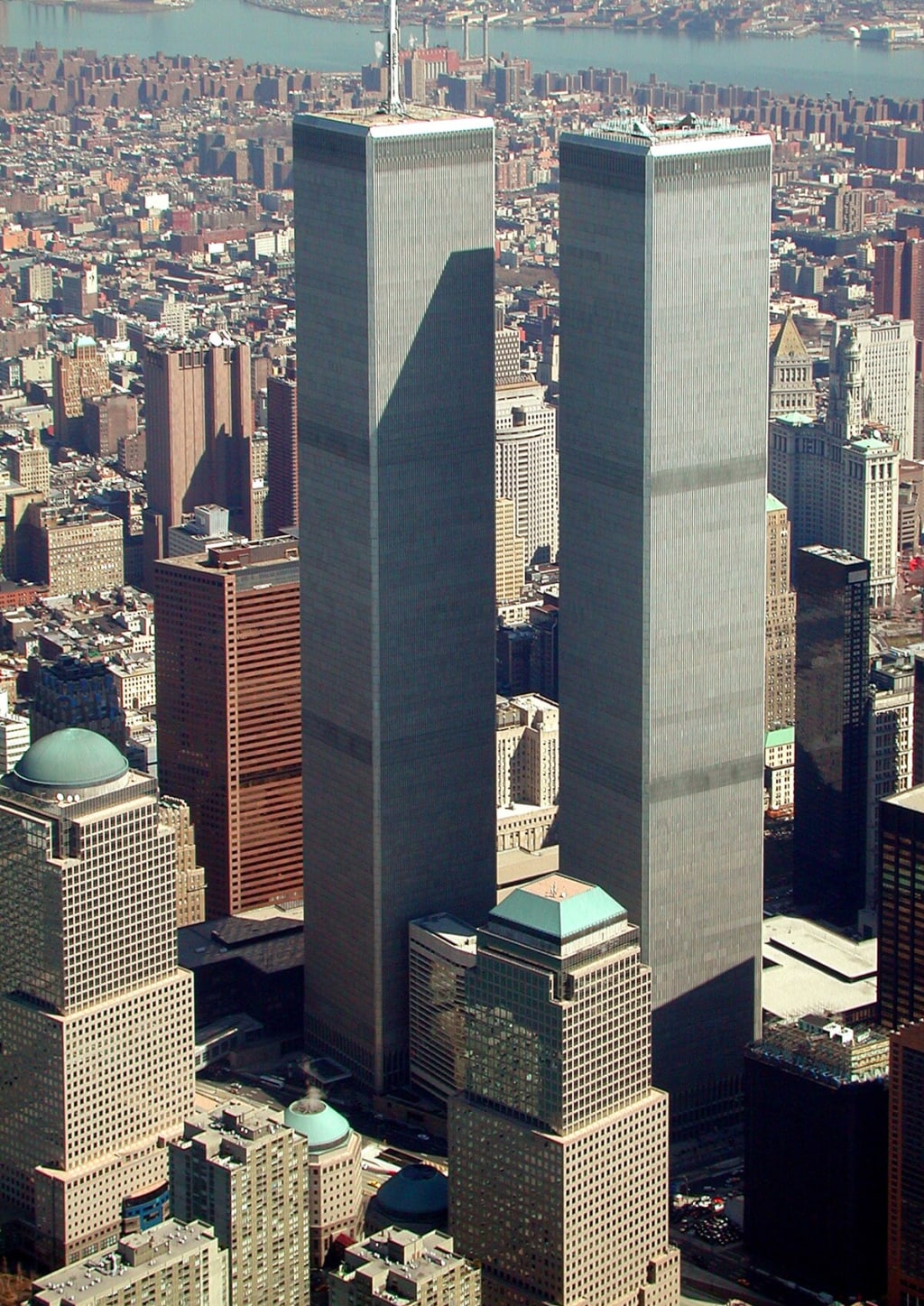
The collapse of the Twin Towers on September 11, 2001, was the result of terrorist attacks carried out by al-Qaeda. Conspiracy theories suggesting alternative explanations have been widely discredited. The official account is supported by extensive investigations and evidence.
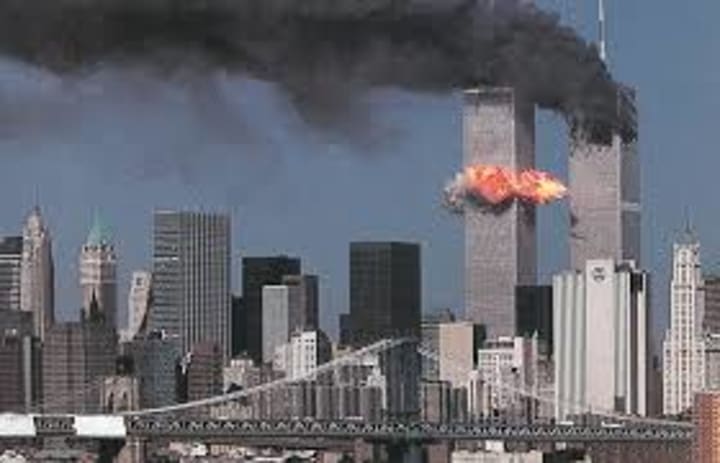
The 9/11 attacks involved hijacked commercial airplanes crashing into the Twin Towers of the World Trade Center in New York City, the Pentagon in Arlington, Virginia, and a fourth plane, United Airlines Flight 93, which crashed in Pennsylvania after passengers bravely intervened. The event led to profound global consequences, including the War on Terror and increased security measures worldwide. Numerous investigations, including the 9/11 Commission Report, have thoroughly examined the events and provided a comprehensive account of what transpired. Conspiracy theories lack credible evidence and are not supported by the majority of experts.
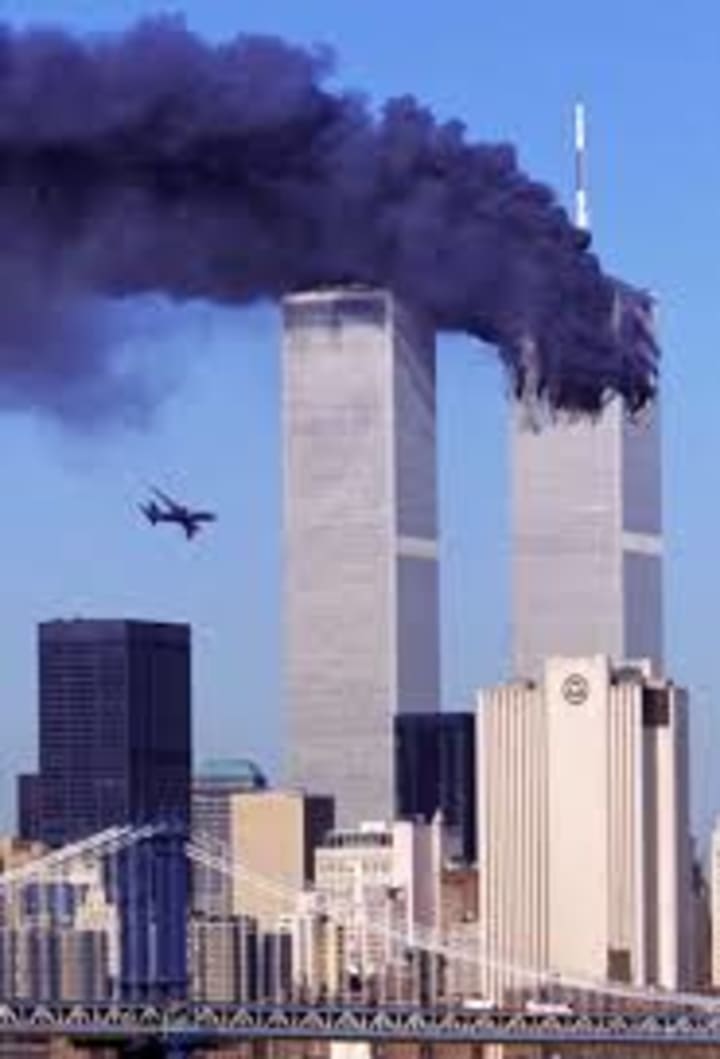
The 9/11 attacks had a profound impact on global geopolitics, leading to the initiation of the War on Terror by the United States and its allies. The aftermath included the invasion of Afghanistan in 2001 and Iraq in 2003. Security measures were heightened worldwide, and the event significantly influenced policies related to counterterrorism, intelligence, and international relations.
The collapse of the Twin Towers was primarily due to the intense heat generated by the burning jet fuel weakening the steel support structures. The subsequent structural failure resulted in the towers' collapse. It was a tragic event that reshaped the world in various ways, from security practices to international relations.
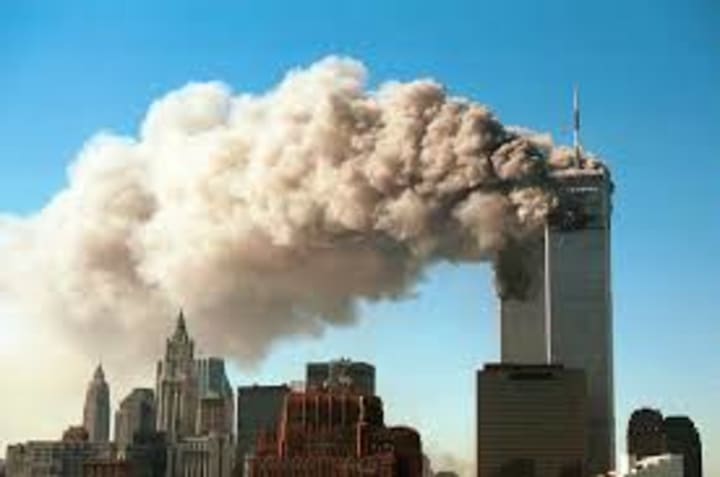
In the years following 9/11, there has been ongoing scrutiny and analysis of the intelligence failures and communication breakdowns that preceded the attacks. The event prompted significant changes in security protocols, with increased focus on airport security, intelligence sharing, and counterterrorism efforts.
Moreover, the attacks had a profound impact on public perception, leading to a heightened awareness of global terrorism and its consequences. The memorialization of 9/11, such as the construction of the One World Trade Center and the 9/11 Memorial in New York City, serves as a reminder of the lives lost and the enduring impact on the collective memory of those who experienced the events firsthand or witnessed them unfold.
In addition to its immediate consequences, the 9/11 attacks had long-term effects on the United States' foreign and domestic policies. The Patriot Act, passed shortly after the attacks, expanded government surveillance powers in the name of national security. The focus on counterterrorism efforts influenced the U.S. approach to international relations and its involvement in conflicts in the Middle East.
The tragedy also prompted discussions on civil liberties, privacy concerns, and the balance between security measures and individual freedoms. The global community experienced changes in aviation security, border controls, and intelligence sharing as nations collaborated to prevent future terrorist threats.
The legacy of 9/11 continues to shape the world in complex ways, influencing political, social, and security landscapes globally.
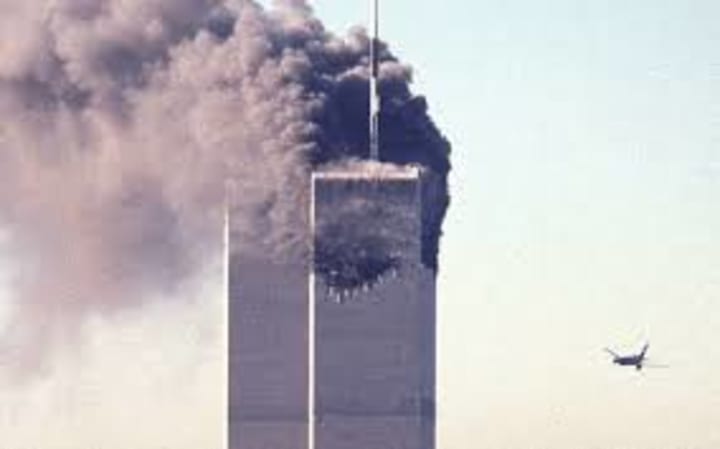
In conclusion, the 9/11 attacks were a pivotal moment in contemporary history, reshaping the world's geopolitical landscape and prompting significant changes in security, intelligence, and international relations. The tragedy led to increased awareness of global terrorism and its implications, with long-lasting effects on policies and public perception. The memorials and ongoing discussions about the events underscore the enduring impact of 9/11 on societies worldwide.
The aftermath of 9/11 has left an indelible mark on the world, fostering discussions on the delicate balance between security and individual freedoms. The tragedy prompted introspection on intelligence failures and led to the implementation of extensive security measures globally. The ripple effects have been felt in conflicts, foreign policies, and civil liberties, shaping the course of nations and influencing how societies navigate the complexities of a post-9/11 world. The remembrance of the lives lost serves as a solemn reminder of the need for vigilance against terrorism and a commitment to building a safer and more resilient global community.





Comments (1)
ONE OF THE SADDEST INCIDENT